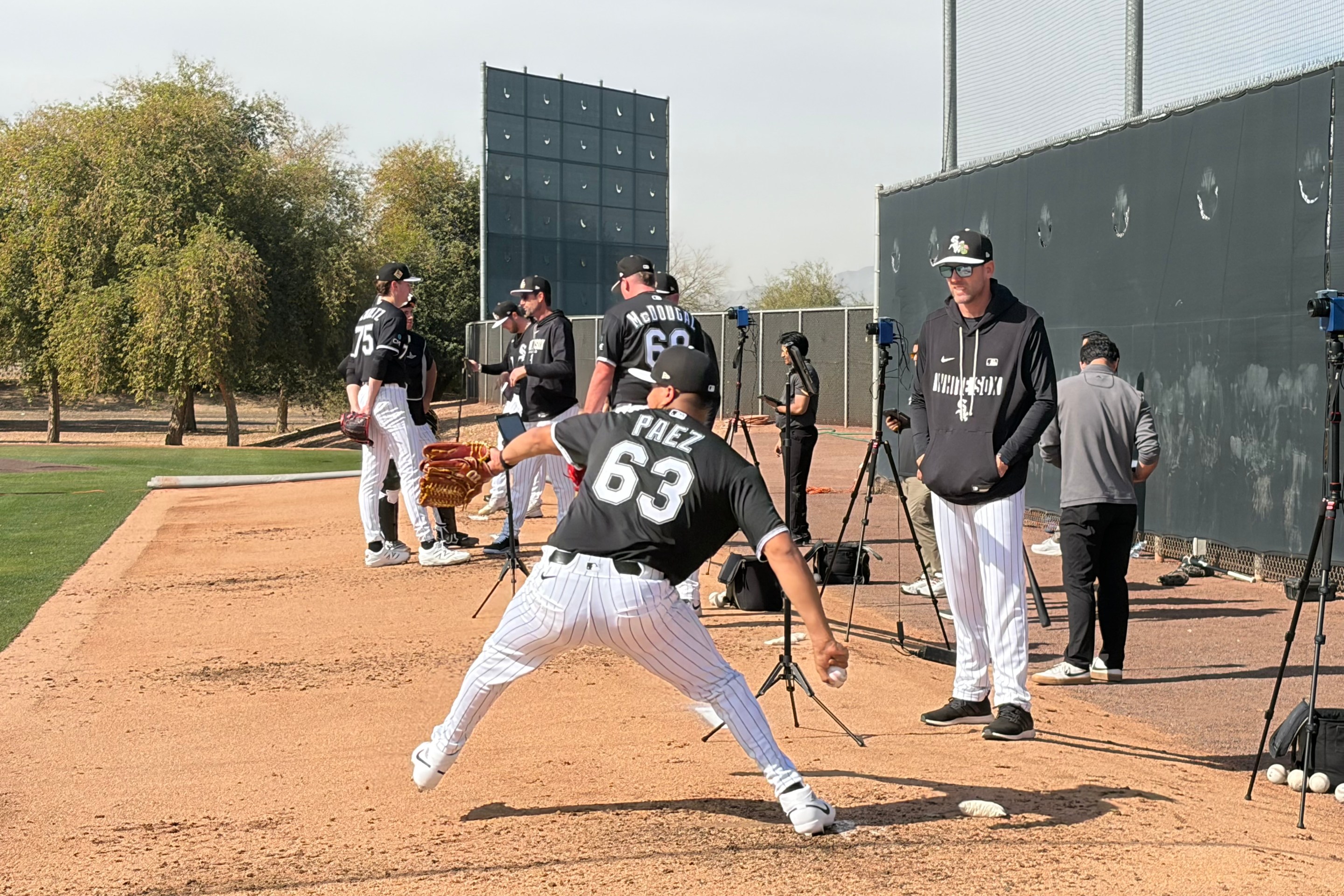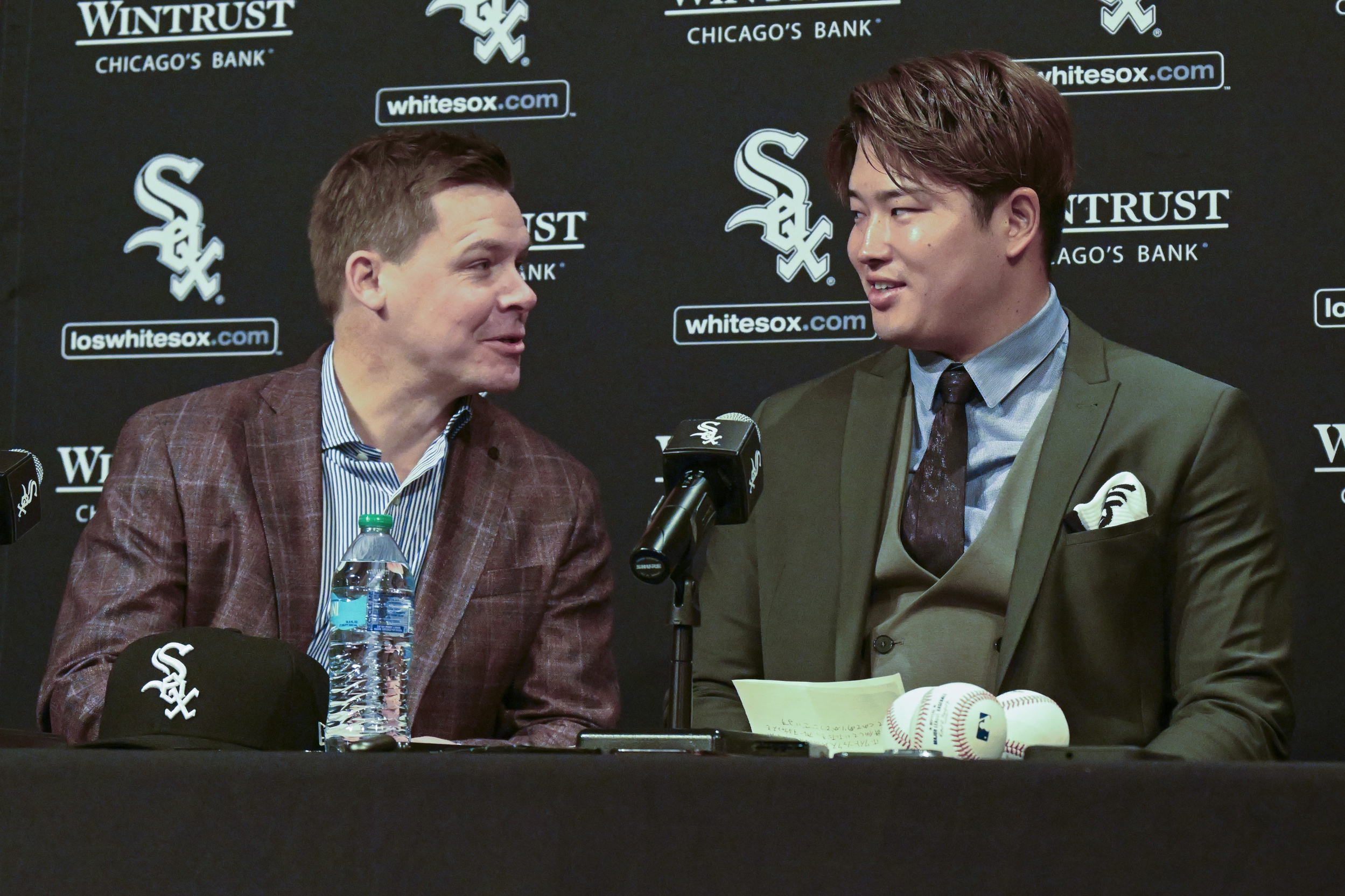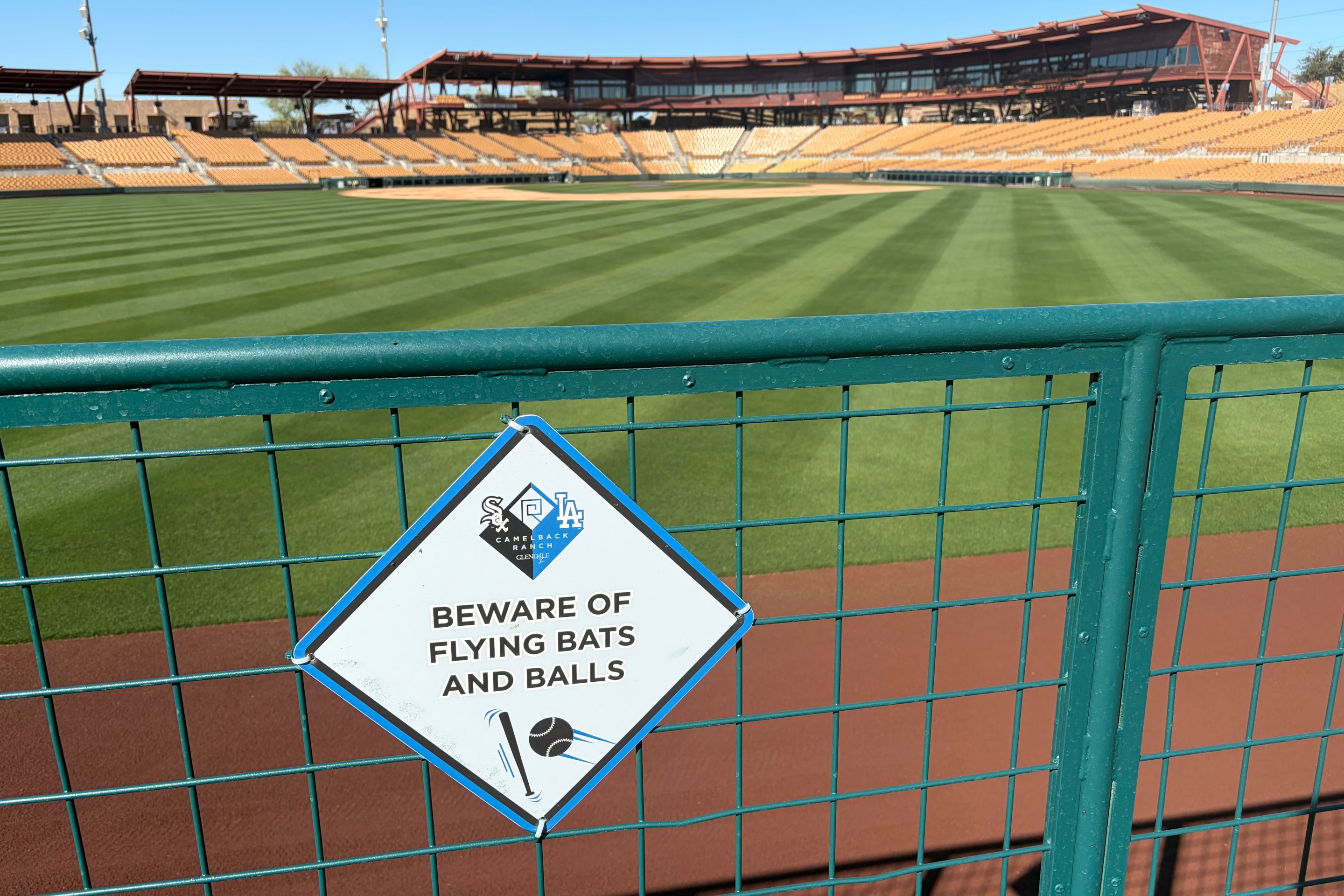My list of the 10 worst White Sox games of 2010 wasn't particularly kind to Bobby Jenks, who was the culprit in four of the 10 games, including three save situations.
Seeing his name resurfacing in my searches made me wonder aloud whether a blown save would hurt more or less if a team had no designated closer. Then I started typing, and didn't stop for a while. I'm still not positive about the answer, but I have my own leanings.
Which of the following decisions would hurt more?
The situation: A one-run lead, one out, a runner on in the eighth inning, nothing remarkable about the handedness or opponent in the ninth. Matt Thornton comes in and retires the next two batters easily on five pitches - one jam sandwich, one strikeout.
Course A: Ozzie Guillen calls for Jenks, who gives up a bloop and a blast, blows the lead and takes the loss.
Course B: Guillen sticks with Thornton, who gives up a bloop and a blast, blows the lead and takes the loss.
They're going to suck for different reasons, but I think Course A leaves more questions, especially if the closer is as shaky as Jenks was in 2010.
Why'd you take out Thornton, Ozzie?
What's wrong with Bobby, Ozzie?
Are you going to have to change closers, Ozzie?
Course B hurts because it's uncommon.
How come you stuck with Thornton, Ozzie?
How many failures before you stick with one closer, Ozzie?
But I think those questions are easier to answer. "He looked like he was throwing the ball well" is more logical response, a more managerial response, than, "Bobby's the closer."
I also think it's more fair to the players. Look at No. 6 on that list -- Jenks' flop against Seattle in the 11th inning. After he blew the save -- the second soul-shatterer of the road trip -- Guillen said:
"I wish he’d throw the ball better because of the last couple outings.Not because we lose the game, but because I don’t see anything on theball."
Jenks was probably the right call in the previous blown save against Minnesota. Thornton threw an inning, and J.J. Putz worked around two hits in his inning of work. It would have been a stretch to throw Putz in the ninth, and it was hard to picture Jenks being as bad as he was.
But against Seattle, Guillen had only used Sergio Santos and Erick Threets -- and Threets breezed through his 1 2/3 innings. Trying to get one more frame out of Threets would have been unusual and maybe risky, but it could be justified. Or since the Mariners had a hard time getting around on the hard-throwing, left-handed Threets, calling on Thornton would have also made sense. He hadn't been used the day before.
Instead, Guillen went with the pre-ordained save guy, despite having concerns about his stuff. It didn't end well.
And who got the bulk of the blame? Jenks, of course.
The current system -- eighth-inning guy, then closer, every time -- is only perfectly applicable to a small amount of teams, but pretty much any manager can take cover under it. The closer didn't close! Case closed!
(It's also simultaneously kind and insulting to any non-closer. When Scott Linebrink blew a save a couple years ago while Jenks was hurt, the reaction was, "You can't count on a setup guy to close." Linebrink was battling tendinitis-type problems with his shoulder at the time.)
A closer is essentially his own manager, which is nuts. In a majority of cases, he isn't nearly good enough to get that kind of responsibility. Jenks is a great example. He's the perfect closer when everything's working. Problem is, everybody knows Jenks' undoing is an inability to keep his stuff in prime form. That would seem to make him a very vulnerable closer, but the only time he's not getting the ball is if he tells Guillen, "I'm not feeling it today."
Because he's the closer, Jenks not only decides ninth-inning strategy, but he also has an impact on every other bullpen decision. When he's absent, the situation devolves into a potentially toxic sliding block puzzle, where every replacement isimmediately judged on a one- or two-game sample.
That is a lot of clout for a flake, is it not?
This is why I'd love to see Guillen revamp the back end of his bullpen in 2011 in an effort to reduce the importance of the last three outs, and place the focus on the last two, four or six. The current system makes very little sense for most teams in any form -- strategically or financially (Thornton could have a better year saving 13 games than he would saving 40, but good luck getting the same contract).
Maybe going a closerless route would be a disaster, but I would welcome it. It makes sense on paper the way the Rotating DH never did, because it's based on trying to take advantage of a player's strengths, not highlighting their weaknesses. I think Guillen has the chops and the arms, at least if Chris Sale sticks in the bullpen.
If it works, it gives the Sox a much-needed edge over the Twins, who are battling cost problems in the back end of their bullpen over second-tier relievers. If it blows up in various faces, theirs and mine, it will have been in noble pursuit of a sensible idea, and an attempt to solve a problem that reared its ugly head in a lot of key games.
Jenks is a good reliever, but too much was riding on his shoulders when his stuff came and went so capriciously. Imagine if Guillen didn't have to answer questions about late-inning decisions when he knew that Jenks didn't have it. Give the Sox one more strong right-handed arm and Guillen the unfettered ability to use them whenever he pleased, and it could be a reality. I'd love to know what that looks like.
***************************
Arizona Fall League:
- Peoria 6, Phoenix 3
- Jared Mitchell went 1-for-4 with a triple, RBI and a strikeout.
- Eduardo Escobar went 3-for-4 with a homer and three RBI.
- Anthony Carter struck out two in a scoreless inning. He's struck out five of the six batters he's faced thus far.
And bad news for Josh Phegley, who was removed from the Saguaros roster:
While the original intention was to have him play in the AFL to make upsome lost time, blood tests revealed that his condition had not improvedenough for him to continue playing. So, fellow White Sox catchingprospect Jason Bour was added to the Saguaros’ roster while Phegley wentback to Indiana to work with team and personal physicians to find aremedy.
“There are still some complications from it [ITP],” saidPhegley, who hit .284 [50-for-176] at Birmingham, Winston-Salem andBristol. “We made a joint decision with the White Sox to cut the seasonshort and take as much time as we could in the off-season to deal withthe syndrome. When spring training rolls around, I want to be ready togo.
“Right now everything is still up and down and it [his blood]is not stabilizing like we thought it would. We milked it through theregular season so I could keep playing. I don’t want to do that for along [period of] time. So we’ll do what we have to do to get it figuredout.”





